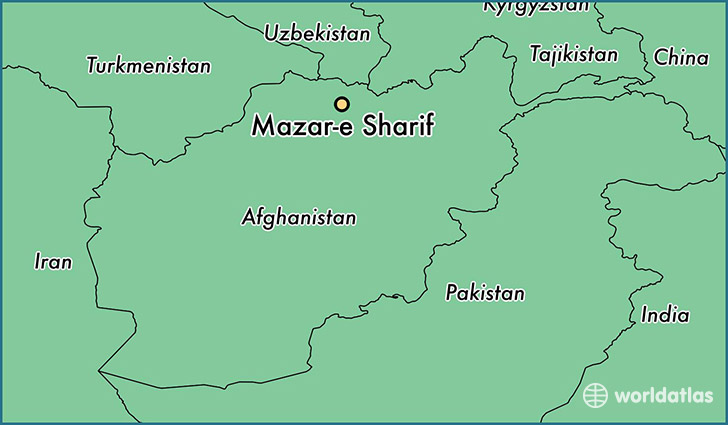Uzbekistan-Afghanistan-Pakistan to connect via joint rail project 26/02/21
< Back to list
Railway developments in Central Asia have made the headlines several times recently, with Pakistan and Uzbekistan playing a central role. Once more, they are the leading players of a potential railway connection, this time between Uzbekistan-Afghanistan-Pakistan. This line should provide sea access to the landlocked countries via the Pakistani ports in the Arabian Gulf. The three countries presented a joint proposal for a five-billion-dollar investment to build 537 kilometres of railway between Mazar-e-Sharif in Afghanistan and Peshawar in Pakistan. The railway line will also pass through the Afghan capital city Kabul.
Following some infrastructural upgrades, Uzbekistan had already built a railway link towards the Afghan city Mazar-e-Sharif. The primary purpose behind this move was to search for corridors leading to sea-ports. Simultaneously, Afghanistan also follows a trajectory of infrastructure upgrades, in coordination with Turkey, while it also launched some interesting rail links during 2020, like the one with Iran. Their joint plans with Pakistan seem ambitious, promising, but at the same time, they present some significant difficulties.
New chapter for regional development
The three countries met via their representatives in Tashkent, where they discussed with financial organisations’ representatives the possibility of a loan to make the investment feasible. As mentioned above, the trilateral proposal concerned almost 5 billion dollars and was accepted with enthusiasm by the financial institutions.
 Mazar-e-Sharif at the Uzbek-Afghan border
Mazar-e-Sharif at the Uzbek-Afghan border
In particular, the project will mainly concern the construction of railway tracks between Mazar-e-Sharif and Peshawar, meaning that most of the work will include Afghan infrastructure. The new line will include both passenger and freight high-speed trains, according to Pakistan’s Minister for Railways, Azam Kwan Swati.
“The initiative will connect Central and South Asia by the shortest route and open Pakistan’s seaports to the Central Asian and Eurasian railway systems to boost trade flows and strengthen the regional economy”, mentioned at Gulf News Razak Dawood, Pakistan’s commerce and investment advisor. All parties concerned will benefit from the new route since it will facilitate bilateral import and export trade.
 Peshawar’s position in Pakistan
Peshawar’s position in Pakistan
Furthermore, it remains to be seen whether the new project will become part of China’s Belt and Road Initiative or whether it will benefit more from a connection with Russia. In any case, both options could provide an extra transport solution when it comes to the New Silk Road and Europe.
Possible hurdles
It is always very positive to see initiatives regarding alternative routes or the expansion of existing ones. However, after the enthusiasm comes pragmatism, and it’s true, the Uzbekistan-Afghanistan-Pakistan corridor project might face some problems until realised.
First of all, the railway line, as planned, will probably cross Afghanistan through the mountainous region of Hindu-Kush, at an altitude of 3,500 metres. This will automatically make it one of the highest railway lines globally. Understandably, to make the route possible, the three countries will need a very attractive approach to convince companies and labourers to work there. On top of that, the manufacturers will have to deal with the region’s particular conditions in terms of adapting to the weather during construction, adapting the supply chain of materials, and testing their durability in the harsh environment.
Additionally, Afghanistan’s ongoing security issues related to civil unrest could also pose a real threat to the project’s completion. Finally, the difference of gauges that the three countries use (Uzbekistan, 1520mm, Pakistan 1676mm, Afghanistan 1435mm) is not something to overlook because it can impact transit times’ efficiency. Hopefully, the countries in charge of the proposal will make a fair assessment of all the factors that can affect their project. Rail developments in Central Asia are essential for the growth of Eurasian transportation, and they need to be concrete. Consequently, feasibility is the number one prerequisite to avoid long-term plans that never transition from theory to practice.





